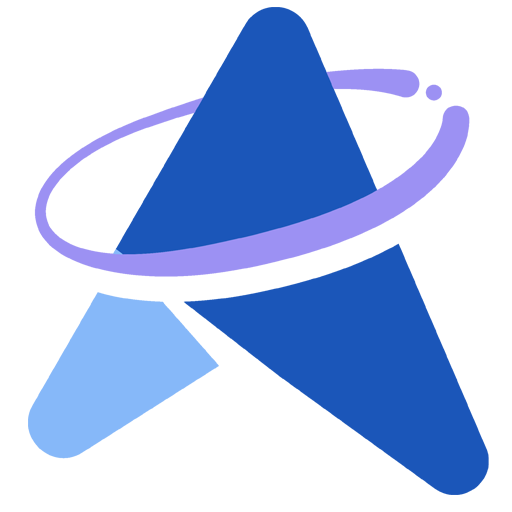- Thread Author
- #1
March 18 - A federal appeals court in Washington, D.C., on Tuesday affirmed that a work of art generated by artificial intelligence without human input cannot be copyrighted under U.S. law.
The U.S. Court of Appeals for the District of Columbia Circuit agreed, opens new tab with the U.S. Copyright Office that an image created by Stephen Thaler's AI system "DABUS" was not entitled to copyright protection, and that only works with human authors can be copyrighted.
Get weekly news and analysis on U.S. politics and how it matters to the world with the Reuters Politics U.S. newsletter. Sign up here.
Tuesday's decision marks the latest attempt by U.S. officials to grapple with the copyright implications of the fast-growing generative AI industry. The Copyright Office has separately rejected artists' bids for copyrights on images generated by the AI system Midjourney.
The artists argued they were entitled to copyrights for images they created with AI assistance -- unlike Thaler, who said that his "sentient" system created the image in his case independently.
Thaler's attorney Ryan Abbott said he and his client "strongly disagree" with the ruling and intend to appeal. The Copyright Office said in a statement that it "believes the court reached the correct result."
Thaler, of St. Charles, Missouri, applied for a copyright in 2018 covering "A Recent Entrance to Paradise," a piece of visual art he said was made by his AI system. The office rejected his application in 2022, finding that creative works must have human authors to be copyrightable.
A federal district court judge in Washington upheld the decision in 2023 and said human authorship is a "bedrock requirement of copyright" based on "centuries of settled understanding." Thaler told the D.C. Circuit that the ruling threatened to "discourage investment and labor in a critically new and important developing field."
U.S. Circuit Judge Patricia Millett wrote for a unanimous three-judge panel on Tuesday that U.S. copyright law "requires all work to be authored in the first instance by a human being."
"Because many of the Copyright Act's provisions make sense only if an author is a human being, the best reading of the Copyright Act is that human authorship is required for registration," the appeals court said.
source: https://www.reuters.com/world/us/us...nerated-art-lacking-human-creator-2025-03-18/
The U.S. Court of Appeals for the District of Columbia Circuit agreed, opens new tab with the U.S. Copyright Office that an image created by Stephen Thaler's AI system "DABUS" was not entitled to copyright protection, and that only works with human authors can be copyrighted.
Get weekly news and analysis on U.S. politics and how it matters to the world with the Reuters Politics U.S. newsletter. Sign up here.
Tuesday's decision marks the latest attempt by U.S. officials to grapple with the copyright implications of the fast-growing generative AI industry. The Copyright Office has separately rejected artists' bids for copyrights on images generated by the AI system Midjourney.
The artists argued they were entitled to copyrights for images they created with AI assistance -- unlike Thaler, who said that his "sentient" system created the image in his case independently.
Thaler's attorney Ryan Abbott said he and his client "strongly disagree" with the ruling and intend to appeal. The Copyright Office said in a statement that it "believes the court reached the correct result."
Thaler, of St. Charles, Missouri, applied for a copyright in 2018 covering "A Recent Entrance to Paradise," a piece of visual art he said was made by his AI system. The office rejected his application in 2022, finding that creative works must have human authors to be copyrightable.
A federal district court judge in Washington upheld the decision in 2023 and said human authorship is a "bedrock requirement of copyright" based on "centuries of settled understanding." Thaler told the D.C. Circuit that the ruling threatened to "discourage investment and labor in a critically new and important developing field."
U.S. Circuit Judge Patricia Millett wrote for a unanimous three-judge panel on Tuesday that U.S. copyright law "requires all work to be authored in the first instance by a human being."
"Because many of the Copyright Act's provisions make sense only if an author is a human being, the best reading of the Copyright Act is that human authorship is required for registration," the appeals court said.
source: https://www.reuters.com/world/us/us...nerated-art-lacking-human-creator-2025-03-18/


